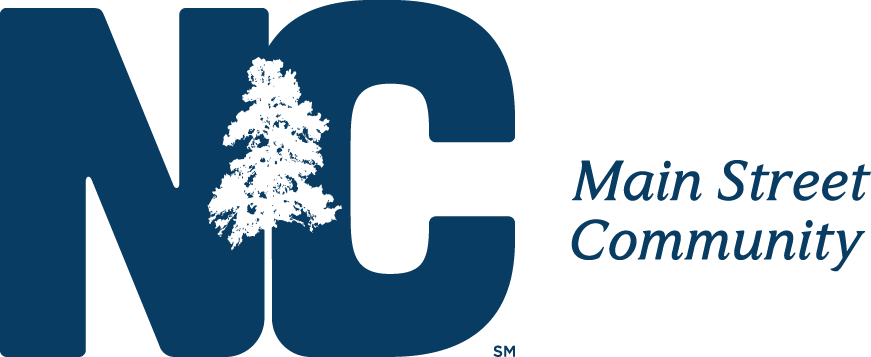Storm water is NOT clean water! As rain strikes the ground and travels over land, pollutants are captured in runoff. These pollutants include: sediment, bacteria, nutrients, and metals. Much of this runoff and contaminants ultimately enter a storm drain. All waters entering storm drains in the Morganton and Lenoir areas are directly piped into ditches and streams that lead to the Catawba River.
Storm Water is NOT clean water. Storm Water runoff harms streams and lakes.
- Transports sediment, nutrients, and chemicals to waterways.
- Destroys habitat for fish and other aquatic life.
- Damages stream banks and channels.
- Raises water temperatures which can harm fish like trout.
Most Burke and Caldwell County residents receive their drinking water from the Catawba River. Runoff that enters the Catawba represents a threat to the area's drinking water as well as other river uses, including recreation and fish and wildlife habitat. Sediment carried by the Catawba River must be removed at water treatment plants before processed water can be delivered to homes for use. Large amounts of nutrients in lakes cause algal blooms that can produce drinking water that tastes and smells unpleasant.
Follow these simple steps to keep pollutants out of storm water and protect the Catawba River.
Protect stream banks and shoreline areas near lakes. Do not remove natural plants and trees near the water. Keep new development back from the water's edge. Do not apply fertilizers, pesticides, or herbicides near surface waters. Prevent soil loss by establishing ground cover. Seed or sod bare areas to reestablish grass. Limit or restrict logging, land clearing, grading, and similar activities near streams and lakes. When clearing or grading land, use appropriate methods such as silt fences to limit soil erosion. Follow label directions when using lawn care products. Apply fertilizers and lime at recommended rates based on soil test results. Match chemicals to targeted pests. Do not apply when heavy rain is likely. Stay away from ditches, streams, and lake margins. Sweep up materials deposited on sidewalks and streets. Store unused chemicals in a dry environment. Dispose of empty bags and canisters as recommended on the label. Only rain goes down the storm drains. These drains empty directly in ditches and streams without receiving any treatment. Manmade materials like motor oil, paint, and chemicals, as well as natural materials like leaves and grass clippings should be kept out of storm drains.
WHAT IS AN ILLICIT DISCHARGE?
An illicit discharge is when any substance other than stormwater is put into the stormwater system. An illicit connection is any connection of wastewater into the stormwater system. An example of this might be a connection from a bathroom or a washing machine that is dumping into a storm drain/sewer/ditch. An accidental spill or leak of an unsafe substance is also an illicit discharge. Examples of illicit discharges: Paint spills, Soapy wash water, Fuel spills, Sewage overflows, Grease dumping, Sediment runoff from construction, or even dumping yard waste (such as grass clippings) down a storm drain
HOW TO REPORT STORMWATER POLLUTION
One of the most important things you can do as a citizen is to report any stormwater pollution you see. We have an Online Reporting Tool available for use. Additionally reports can also be sent to [email protected], or leave a voicemail at 828.322.9191 (for fastest response times please use reporting tool or email). Photographic evidence of the discharge is crucial for us to be able to take any enforcement actions, so if any photos can be taken during the discharge please provide them to the stormwater admin at the above email.
Survey
As a permit requirement, each municipality must provide the opportunity for citizens to have input on the stormwater program, and we would also love to have input from our concerned citizens. To do this we have created a survey! If you would like to suggest a stream cleanup location or give your input on the program as a whole please fill out a survey at this link: https://forms.office.com/r/XdVSaSRkVD
PHASE II - Valdese Storm Water Ordinance
Contact Information: Haleigh Hopkins, Stormwater Program Administrator:
[email protected] | 828.568.0077
To report a violation, Haleigh Hopkins 828-322-9191 *Ext 4222 or email [email protected] Call if you see: Overflowing manholes, Breaks in sewer lines, Failing septic tanks, Unusual coloration and/or odors in stream waters, Dead or dying fish, or; Soil erosion leaving construction sites.
For more information, visit: https://deq.nc.gov/about/divisions/energy-mineral-land-resources/stormwater.
Resources:
2021 Valdese Annual Assessment








